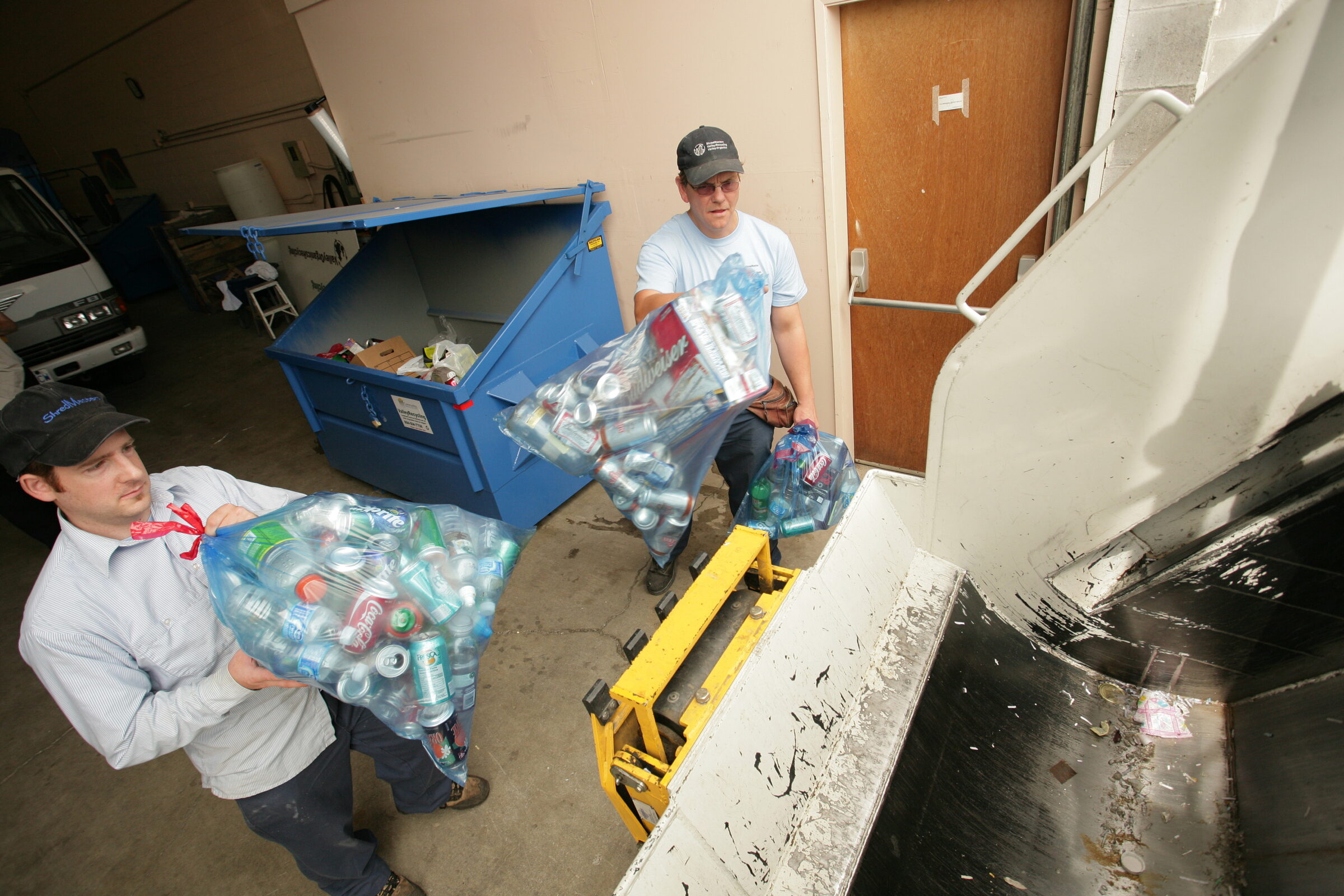
Services
Stepping Into Employment With Confidence
Given that most of us spend a majority of our waking hours at our jobs, it’s important to have work that we enjoy. When you’re struggling with mental health challenges, it’s also important to have an understanding employer who can support you on your journey of recovery.
When Communitas first entered the mental health field in 1990, it became apparent very quickly that an important component of recovery was to have meaningful employment. Overcoming the stigma of mental illness was – and often continues to be – a challenge. At the time, thinking of mental health in terms of recovery was a big paradigm shift. People living with mental health challenges faced discrimination that impacted every area of their lives: relationships, stable housing, and work.

Peter Andres is a former Regional Director with Communitas. He remembers how deep the stigma was for the people he served.
“The shift to recovery was a hopeful paradigm but we really had to prove that recovery was possible,” Peter says.
One step on that journey was employment and so Communitas created STEP: Support Towards Employment Program.
“Our firm belief was that work should be paid, it should be community based, and it should be normative, that is to say that it should be work that other people would otherwise do if they weren’t doing it,” he explains.

STEP began by helping people with the pre-employment process: working on a resume, practicing job interviews, and job search. This worked well for people who were already well into their recovery but for others who were still struggling, something more was needed. So STEP connected with Abbotsford Community Services (now Archway) and their recycling program in Abbotsford. Here was an opportunity for people to gain work experience in a safe and supportive environment.
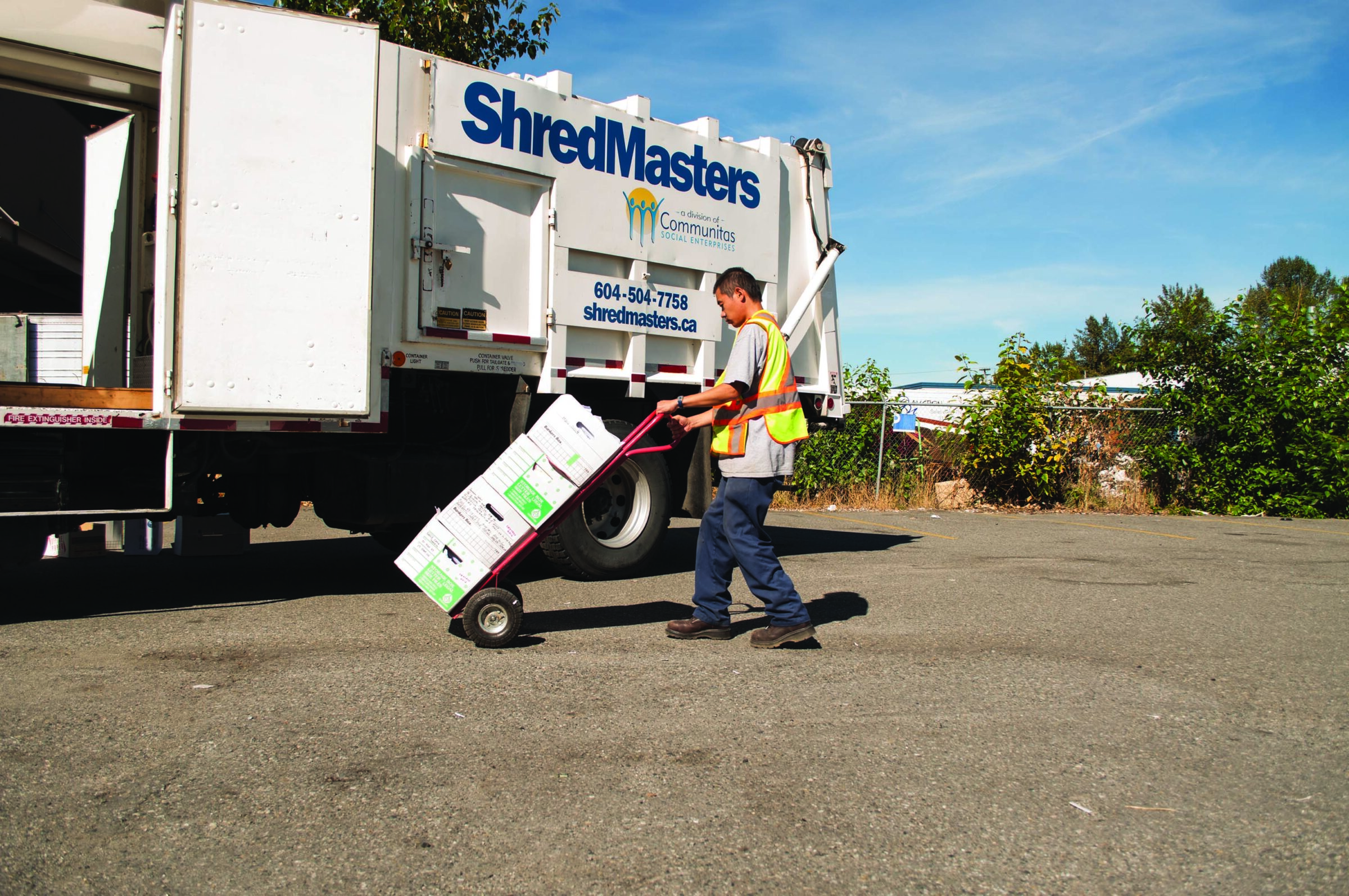
That foundational work led to the creation of Communitas Enterprises in 1992, offering permanent employment and short-term skills training for people through various social enterprises including ShredMasters and ValleyRecycling.
This worked well for many years but as a result of growth over time, the model of social enterprises began to make operating the businesses challenging, and limited the potential social impact.There were long wait lists for STEP but the enterprises weren’t growing enough to accommodate new trainees. In 2014, Matt Dirks was hired to help develop the existing social enterprises and see how STEP could adapt.
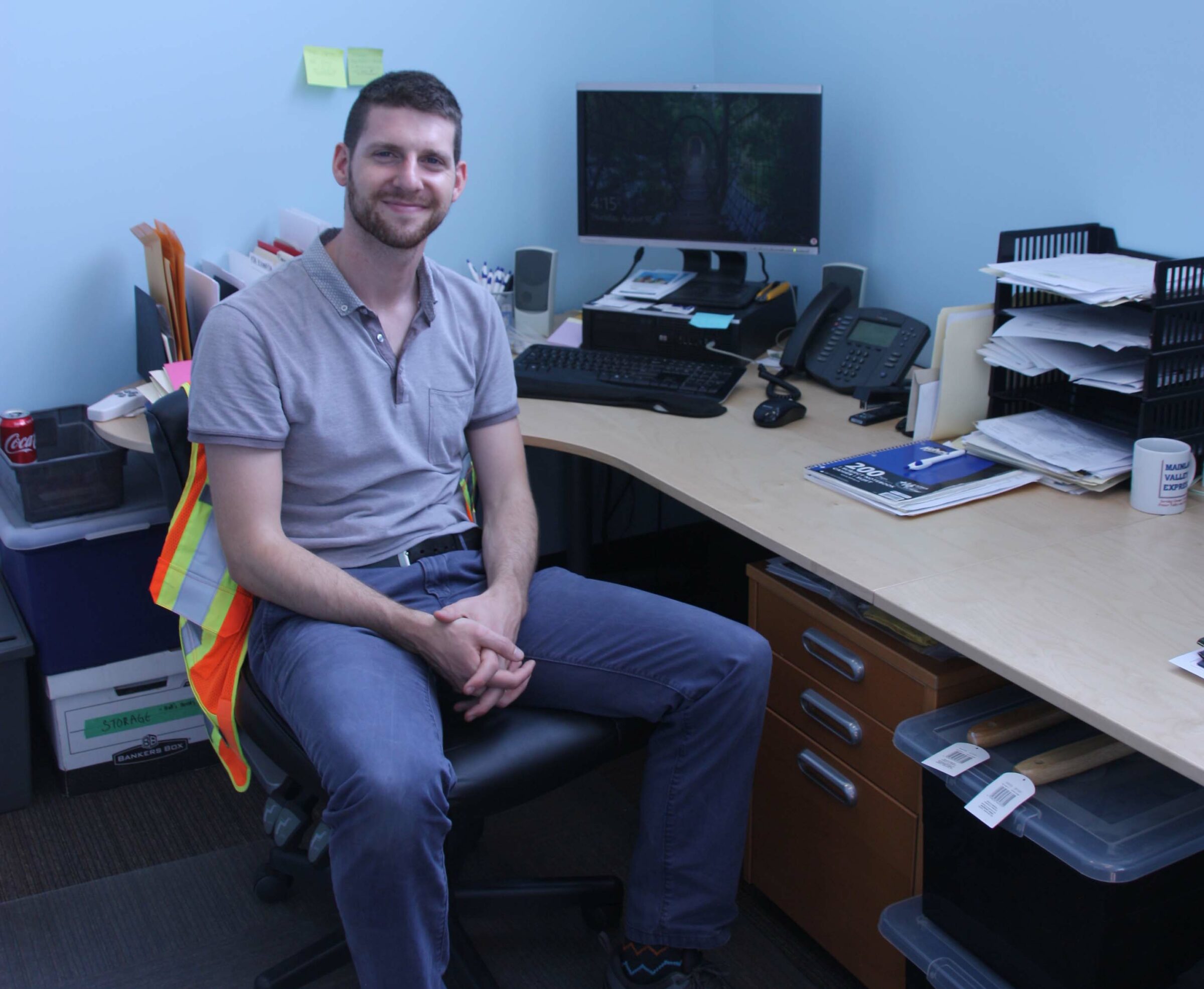
“One of the biggest changes we made was to shorten the training part of STEP to six months but then move trainees forward with an employment specialist to help people find work in community,” Matt explains.
Within a year, the waitlist for STEP was gone, some trainees were hired as permanent employees at ShredMasters and ValleyRecycling, and others had found meaningful work with the benefit of having had practical work experience. At the heart of all of it was a strong commitment to person-centred care.
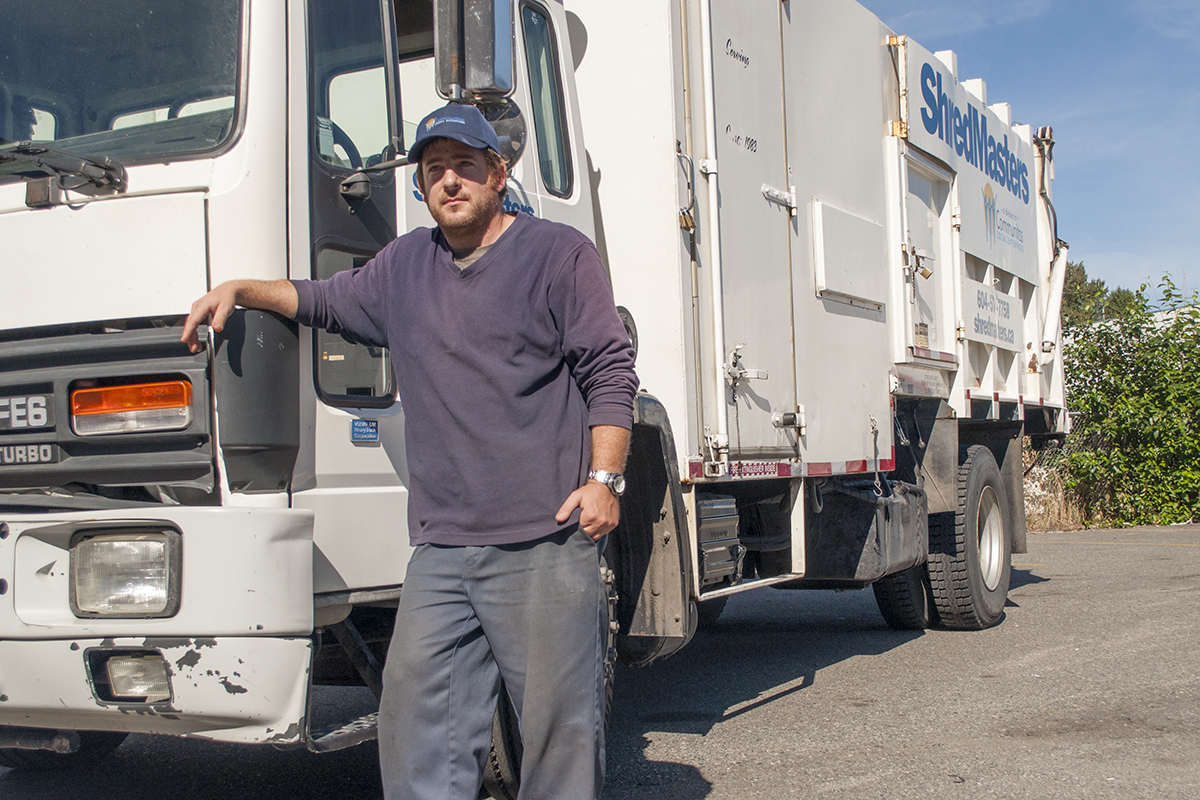
“When training is focused on the needs of the person it makes all the difference in the world,” Matt says. “It’s not about getting them through a program, it’s about helping a person develop the confidence and abilities they need to be able to see themselves making a contribution to their communities. It’s about having purpose.”
STEP continues today and this commitment to person-centred care has not changed; it continues to help people living with mental health challenges find meaningful work. Stacey Murdoch oversees STEP and says it is best described as a “work recovery program.”
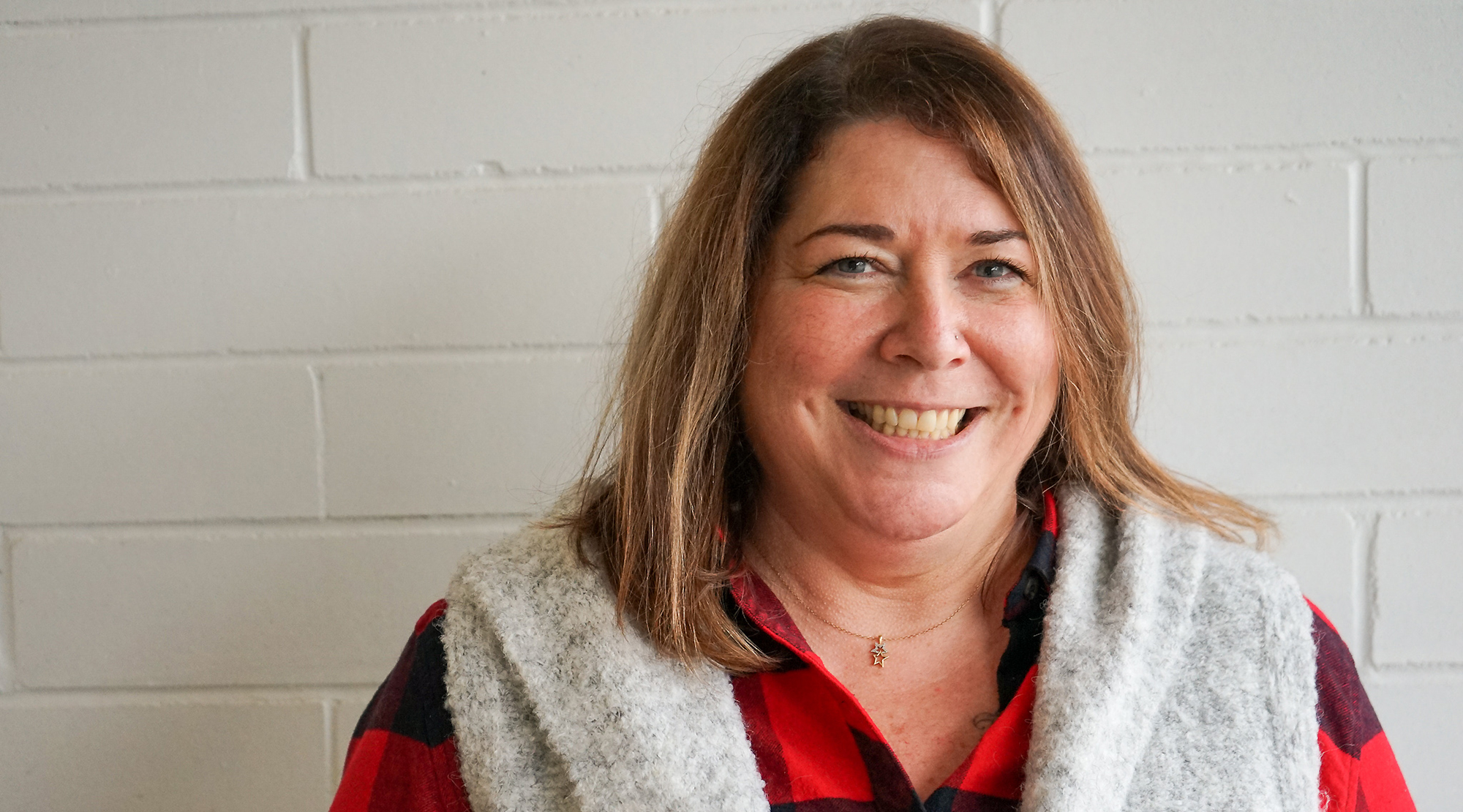
“The transition back to work after a mental health crisis is significant, even to people who have tons of work experience,” Stacey says. “We’re like a ‘rediscovery of your true self’ program, helping people rediscover their innate abilities.”
Work experience is vital and Communitas offers several social enterprises through which STEP participants can gain that experience including Janitorial services, CommCrew landscape and maintenance services, and Little Sprout Café. Having a safe and supportive work experience helps a person to regain the confidence they need to move back into the work force.
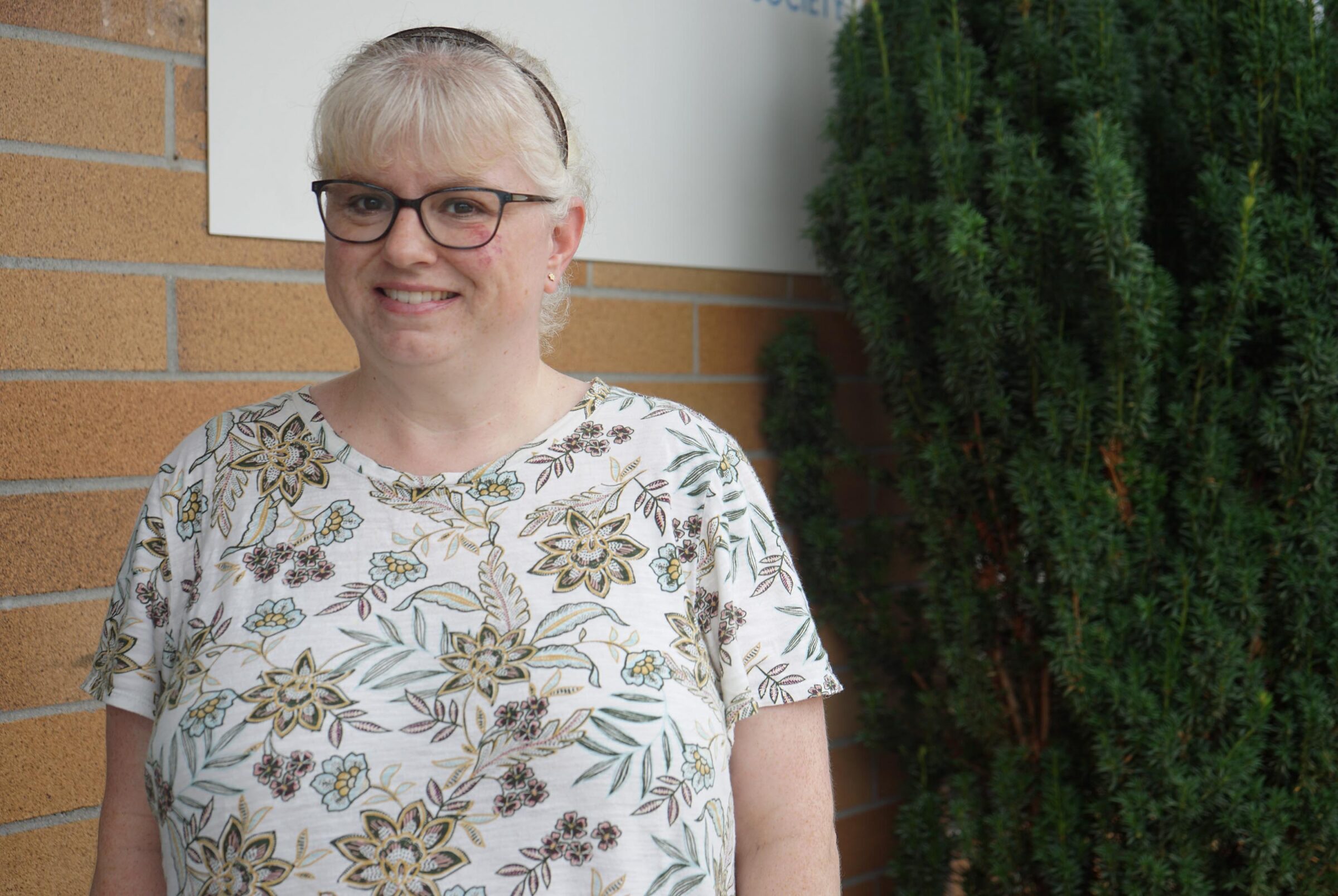
Tammy has been through STEP, gained work experience through ShredMasters, and works in Janitorial services today. She says employment has helped her in her mental health recovery, adding that the acceptance, understanding, and support that STEP provides has really helped with her confidence.
“When I was struggling and trying to get back to work, I had a lot of anxiety,” Tammy says. “Work has helped me by getting me out of the house. I do something I enjoy, I am productive, I have a routine, I feel like I have a purpose.”
Along with pre-employment skills and work experience, STEP helps connect people to mental health resources in the community, supporting them in every area of their lives. It is a holistic approach to mental health recovery. Stacey’s dream is that the people she serves would know their own potential.
“I would love to be able to infuse people with a breath of confidence,” she says. “It may be difficult to get out there into the workforce but it’s doable and it’s worth it.”
Related Stories

Moving from Despair to Hope
Adria is living a good life, far different from where she was just a few years ago when mental illness took its toll. Find out what’s made the difference!

Coming Back to Self
Ryan says that WRAP – a mental wellness tool – helped him come back to the person that he once was.

Just Breathe
Inhale. Exhale, Breathe. Sometimes we forget that our breath is a tool to help us maintain our mental health. Follow along with the video at the end!